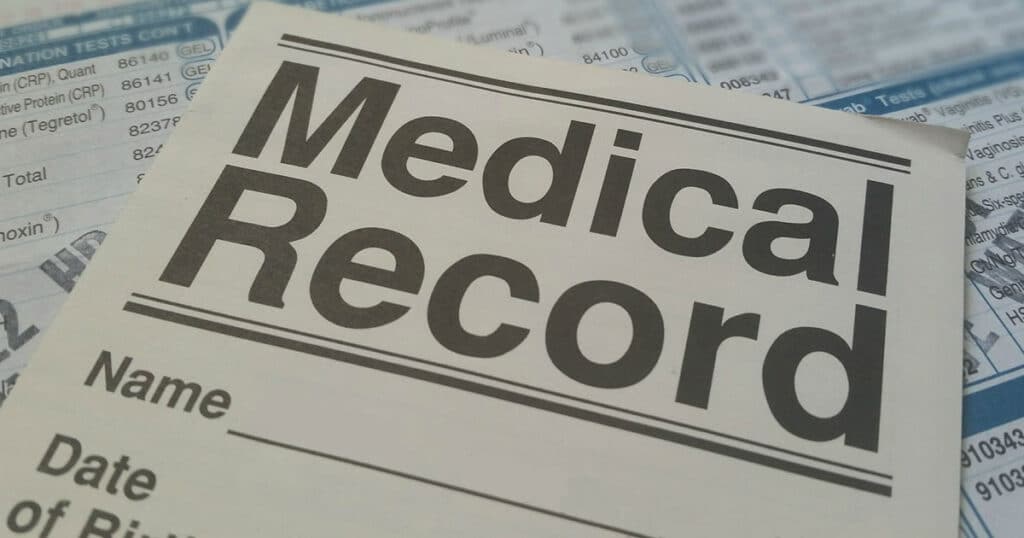Can Huntington’s Disease Qualify for Monthly SSDI Benefits?
Home » Applying for SSDI » Medical Conditions, Listed Impairments & SSDI » Can Huntington’s Disease Qualify for Monthly SSDI Benefits?
Qualifying & Applying for SSDI – Huntington’s disease (HD) is a neurodegenerative disorder found in about 30,000 Americans. It causes gradual degeneration of certain nerve cells in the brain, resulting in the deterioration of one’s cognitive, mental and physical capabilities. There is no known cure at this time, and it is genetic, caused by a specific gene mutation, with a 50 percent chance of the gene being passed along to each child of a person with Huntington’s Disease.
In many instances, the symptoms of the disease – for example, depression with suicidal ideation, or a weakened immune system – lead to loss of life. Additionally, other symptoms of Huntington’s disease are also quite serious and lead to significant health and quality of life issues.
Because Huntington’s Disease is such a serious condition, it may qualify an SSDI applicant for a “compassionate allowance,” which can speed up the application process dramatically, as we explain below.
Huntington’s Disease Symptoms and Treatments
Medical professionals sometimes describe the symptoms of Huntington’s disease as a combination of Alzheimer’s, Parkinson’s and ALS at the same time. These symptoms might surface differently in each person and at different stages of the disease’s progression.
Symptoms may include muscle rigidity or contracture, impaired eye movements, difficulty with walking and balancing, mood swings, unusual behavior, forgetfulness, seizures, dementia, personality changes, speech impairment, swallowing impairment and choking, involuntary movements, depression, impaired judgment and drastic weight loss. You might also experience irritability, short-term memory problems, inability to focus, lack of appetite and pneumonia. Most people who are affected will begin to develop symptoms between ages 30 and 50.
Huntington’s disease is, at this time, incurable; therefore, treatments are used to minimize certain symptoms and to prevent or heal other infections or illnesses that come about as a result of HD.
Doctors will often prescribe medications to control involuntary movements, depression, hallucinations, obsessive-compulsive behavior, outbursts and extreme emotions. Various types of therapy will also typically be a part of the treatment process, such as physical therapy, speech therapy and occupational therapy.
Does Huntington’s Disease Qualify Me for Disability Benefits?
Huntington’s disease is considered to be such a serious disease resulting in disability that it is included in SSA’s list of Compassionate Allowance conditions. This means that a person with Huntington’s should have their case processed and approved more quickly.
Huntington’s disease is also discussed in the Social Security Administration’s “Blue Book” listing of disabling conditions in two different sections. The physical aspects of the disease are discussed in Section 11 (Neurological Disorders) under paragraph 11.17 (Neurodegenerative disorders of the central nervous system, such as Huntington’s disease, Friedreich’s ataxia, and spinocerebellar degeneration). When an applicant is suffering primarily from mental or cognitive effects of Huntington’s Disease, they may be instead evaluated according to the listing in paragraph 12.02 (Neurocognitive Disorders).
Again, because Huntington’s disease is a Compassionate Allowance condition, it should be processed and awarded more quickly than a typical SSDI case.
Next Steps
If you suffer from Huntington’s Disease and are considering a claim for disability benefits, we recommend you read our articles about the process of applying for SSDI and the way the Social Security Administration uses their Sequential Evaluation Process to determine disability.
This article is presented for general information purposes only. Nothing in this article should be taken as medical advice. Medical decisions (including whether to start, stop, or modify any treatment plan) are extremely important and should always be made with the advice and counsel of a qualified medical professional.
Since 2010, Citizens Disability has been America’s premier Social Security Disability advocate. Our mission is to give a voice to the millions of Americans who are disabled and unable to work, helping them receive the Social Security Disability benefits to which they may be entitled. We have helped tens of thousands of individuals with their SSDI claims. Your success is our mission.
It is easy to get started.
It is easy to get started. No upfront costs – You only pay if we win!
Oops! We could not locate your form.









